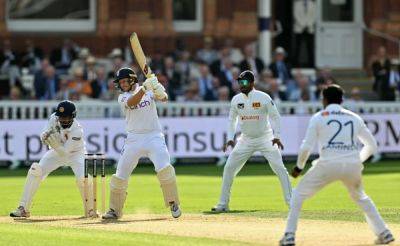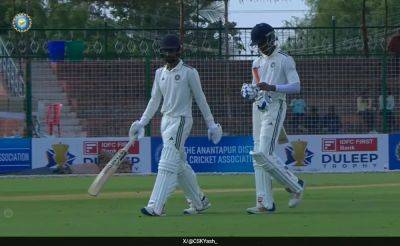DWP rule 'can't be scrapped' despite families living in poverty as minister gives update
The Labour government will not scrap the two-child benefit cap at the next Budget because it cannot afford to, according to a minister.
An unexpected surge in government borrowing means that scrapping the two-child benefit cap is currently unaffordable, the chief secretary of the Treasury has said.
The cap was introduced by then-Conservative chancellor George Osborne in 2015 and restricts child welfare payments to the first two children born to most families. Against the background of rising child poverty – with more than four million children now living in low-income households – the Prime Minister has been urged by charities, opposition parties and some of his own MPs to abolish the limit.
READ MORE: DWP warns 880,000 households of deadline to claim £300 payment
But today, Treasury minister Darren Jones seemed to firmly reject the idea of removing the cap at the Budget in October. During an interview this afternoon, he admitted it wasn't a decision made lightly as "in our hearts" it's not what the government wants.
It comes after new data revealed a considerable spike in July's borrowing figures, which soared to £3.1 billion against forecasts of only £1.1 billion by economists.
Discussing the possibility of ending the two-child benefit cap in the upcoming Budget on October 30, Mr Jones told the BBC's World At One: "You have to just look at the economic statistics that we're talking about today to understand why we just can't afford to do that right now."
He said getting rid of the cap could bring a £2 to £3 billion annual cost, noting that borrowing for the first part of the fiscal year was already up by £4.7 billion more than projected.
He said the public expects the government to regain control over public








